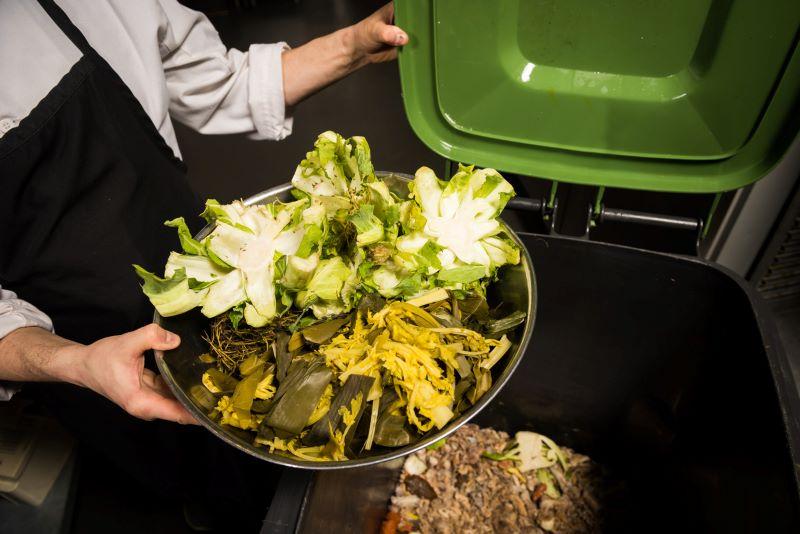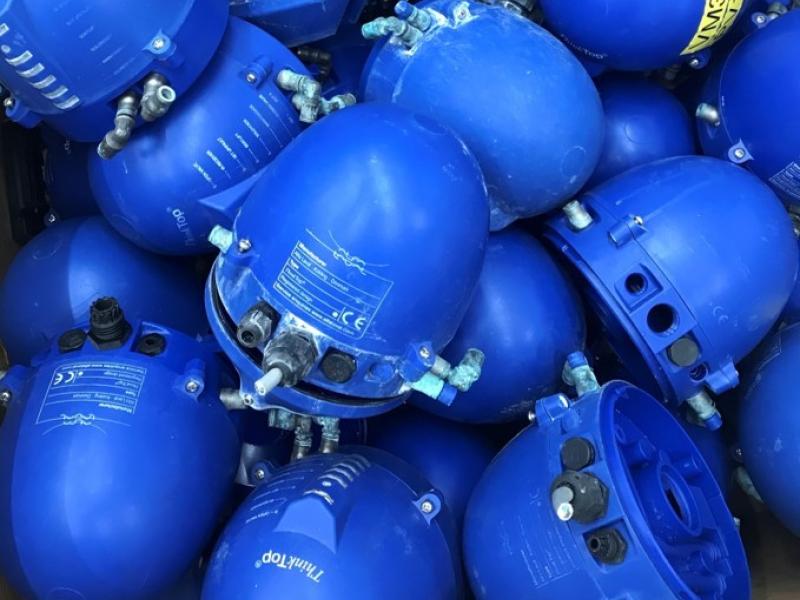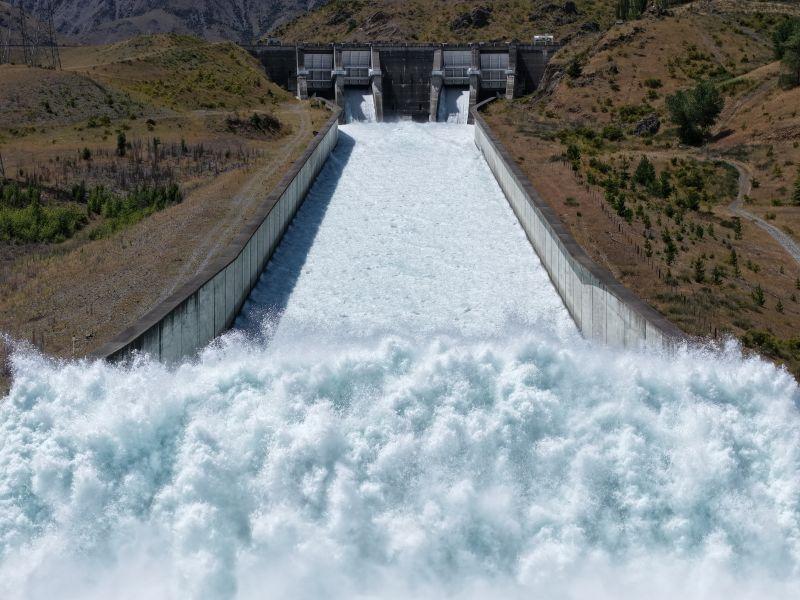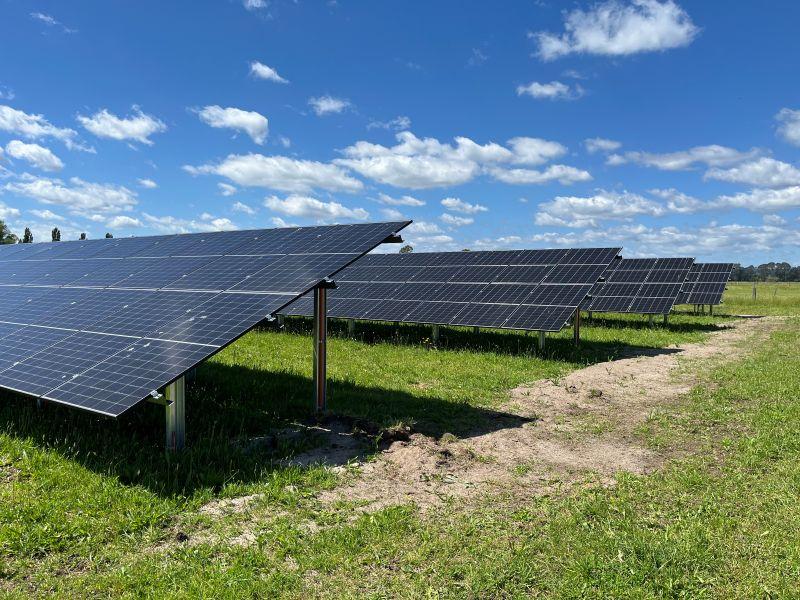Statement by Bioenergy Association
The solution to New Zealand’s gas shortage sits on the country’s doorstep and can come on stream far quicker than imported LNG options suggested by government ministers this week.
Brian Cox of the Bioenergy Association said importing Liquid Natural Gas (LNG) fails to provide New Zealand communities with the economic and wellbeing benefits that can come almost immediately from investing in this country’s own long term biogas production.
Biogas is sourced from amassing waste streams including the likes of food, crop and wood, and when broken down release gas suitable for combustion, usually methane. Methane can also be captured from existing landfills and is often wasted by being burnt off into the atmosphere, also contributing to global warming in the process.
“Indications are that the production and supply of gaseous biofuels is likely to be a similar cost to imported LNG. Even the gas produced from existing landfills can be refined and simply injected into our existing gas pipeline,” he said.
Importing LNG would mean New Zealand steps away from being self-sufficient for its gas supply and immediately becomes reliant upon overseas market prices, supply routes and availability in an increasingly energy hungry world.
Cox said biomethane produced from the likes of food waste and agricultural crop residues meets the same quality standards as gas extracted from the ground as a fossil fuel.
“Anywhere natural gas is used it can be used without any conversion costs for consumers. Any current natural gas equipment can continue to be used.”
Estimates are almost ten percent of New Zealand’s current renewable energy could be sourced simply by taking the biogas from waste processes and piping it into the gas grid. This would be split evenly between both the North and South Islands.
The recently commissioned Ecogas Reporoa Organics Recycling facility in the central North Island is proving the viability of biogas as a high value energy option.
“Last month Ecogas sold its first supply of biomethane to Nova Energy. The sector is well on the path for expansion, and support from Government would speed this up significantly.”
Cox said an investment in domestic biogas not only saved valuable dollars being invested offshore. It also integrated well with other policies including waste minimisation, job creation, and climate change response.
“If tapped, it means NZ could produce enough biogas to represent a reduction of 3.7 million tonnes of CO2 emissions, and equates to as much as 27% of NZ’s lower end of targeted gas reduction of 14m tonnes of CO2.
“None of these benefits would be achieved by importing LNG.”
The Bioenergy Association has calculated 40% of fossil gases in New Zealand could be replaced by biogases by 2050.
Cox said New Zealand has been slow to adopt the waste policies widely employed in many other countries which involve food waste being processed to make other products, rather than left for landfill.






